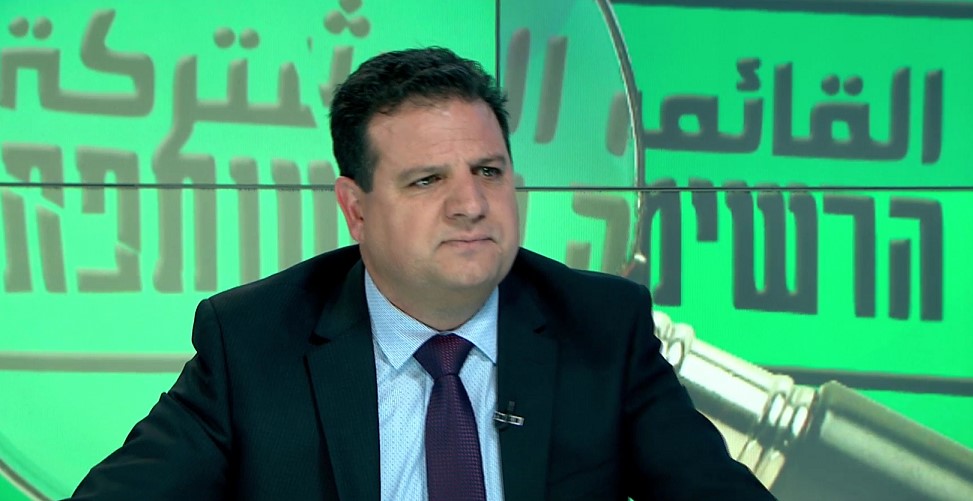Hadash (The Democratic Front for Peace and Equality – the electoral front of the Communist Party of Israel) and three Arab parties are planning to reunite and run once again, like in 2015, as a single slate in the upcoming elections for the 22nd Knesset, scheduled for September 17.
Hadash, Ta’al, Ra’am, and Balad have already begun discussing a revival of the Joint List with the goal of recovering seats they lost in the April 9 election for the 21st Knesset, when they had divided into two separate slates. “We have drawn together as much as possible,” MK Ayman Odeh, who heads Hadash, told in a radio interview Thursday, May 30. “We hope that within a week we will decide how to run.”
Odeh related in the interview how low voter turnout among Arab citizens in April’s elections was in large part caused by the breakup of the Joint List (formed in 2015) as well as a general lack of hope among Arab citizens of Israel. Odeh added that if Benny Gantz’s Kahol Lavan party “will understand that they need to deliver an alternative, there’s a chance there might be a different government.”
The 21st Knesset dissolved itself on Wednesday night, just seven weeks after the April elections. Far-right Prime Minister Benjamin Netanyahu failed to form a majority coalition in the 42 days allotted to him and decided to dissolve the parliament rather than risk losing the premiership, introducing legislation setting new elections for September 17.
The Joint List, formed before the 2015 elections, after the far-right coalition heading the 19th Knesset increased the electoral threshold in an attempt, initiated by the racist Avigdor Lieberman, head of Yisrael Beitenu, to reduce to a minimum, or eliminate altogether, the Arab representation in the Knesset.
Because of the failure of negotiations between the four parties making up the Joint List before the April elections, they formed two slates — Hadash-Ta’al (which won a total of 6 spots in the 21st Knesset, 4 from Hadash and 2 from Ta’al) and Ra’am-Balad (which garnered a total of 4 MKs, 2 from each of the component parties). In sum, the four parties that ran as the Joint list in 2015 and won 13 Knesset seats, only achieved a combined total of 10 seats in the April elections. And Ra’am-Balad only just squeezed past the electoral threshold. Therefore, all four parties recognized the imperative to re-unite lest the elections this coming September yield results no better, and very possibly worse, than those in April.
Related: Posts on the Joint List from the 20th Knesset elected in 2015



